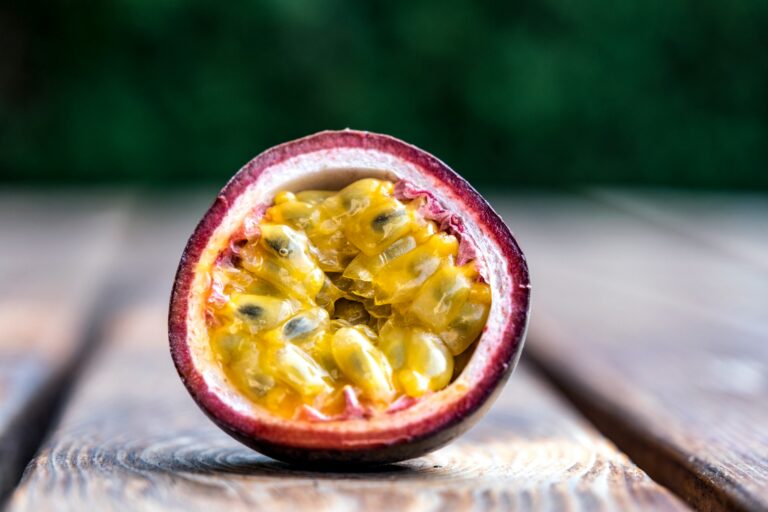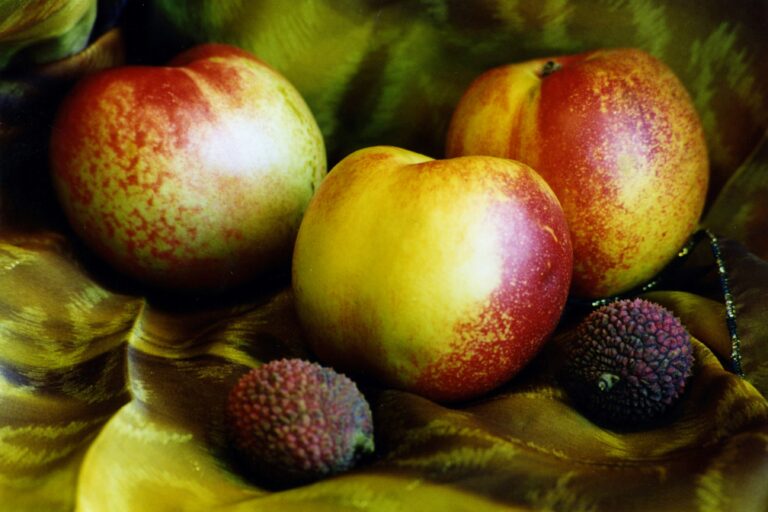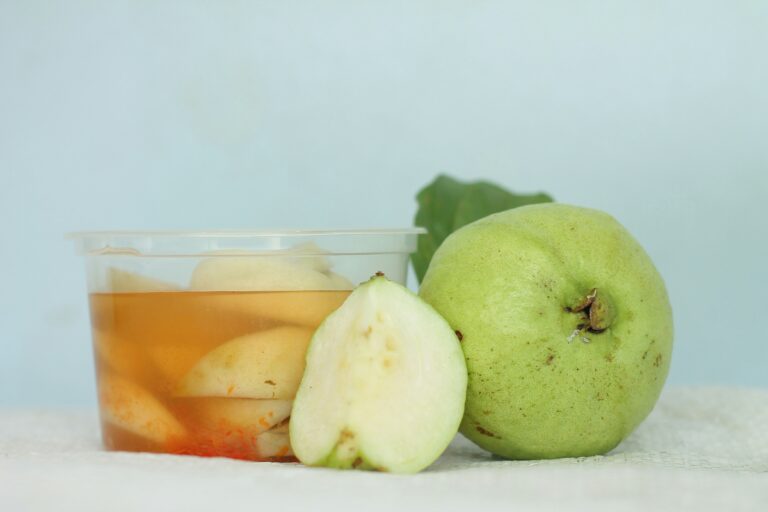The scientific name of the date is Phoenix dactylifera. It is derived from a Phoenician name, phoenix, which means date palm and dactylifera, derived from a Greek word, daktulos, meaning a finger. The date belongs to the family Arecaceae. It is an edible sweet fruit. Date is native to the Middle East and North Africa. It is a flowering plant species. It belongs to the palm family. It originated in Iraq.
Color: The color of the date is Golden yellow to amber, bright red, and even deep brown. The color of the date is not uniform.
Shape: Dates are 3 to 7 cm long. It is regular in shape. They are oval to cylindrical in shape.
Size: Dates are about 2.5 cm in diameter, depending on variety.
Flavor: Dates have an intense caramel-like taste when they are ripe. They also feel like chocolate, with notes of cinnamon, butterscotch, and toffee.
Nutrients
Good sources of nutrients include potassium, fiber, iron, and antioxidants. They are naturally low in fat, sodium, and cholesterol. One hundred grams of dates contain the following beneficial nutrients:
- Calories 277
- Fiber 7 g
- Potassium 15% of the daily value
- Copper 40% of the daily value
- Iron 5% of the daily value
- Carbohydrate 75 g
- Protein 2 g
- Magnesium 13% of the daily value
- Manganese 13% of the daily value
- Vitamin B6 15% of the daily value
| How to grow dates? |
Health Benefits of Dates
Eating dates daily can offer various health benefits, including improved digestion, boosted energy, enhanced heart and brain health, and support for bone strength, due to their high fiber, antioxidant, and nutrient content.
High in disease-fighting antioxidants
Dates have various antioxidants that have a large number of health benefits, including a reduced risk of several diseases. Antioxidants protect your cells from free radicals, which are unstable molecules that may cause harmful reactions in your body and lead to disease. Compared to similar types of fruit, such as dried plums, figs, and dates, they appear to have the highest antioxidant content
May promote brain health
Eating dates may help improve brain function. Laboratory studies showed that dates can be helpful for lowering inflammatory markers, such as interleukin 6 (IL-6), in the brain. High levels of IL-6 are associated with a higher risk of neurodegenerative diseases like Alzheimer’s disease. Additionally, other studies, like animal studies, have shown dates to be helpful for reducing the activity of amyloid beta proteins, which can form plaques in the brain. When plaques accumulate in the brain, they may disturb communication between brain cells, which can ultimately lead to Alzheimer’s disease and brain cell death.
Natural sweetener
Dates are a natural source of fructose, which is a natural type of sugar found in fruit. For this reason, dates have a caramel-like taste and are sweet. They make a great healthy substitute for white sugar in recipes due to the antioxidants, nutrients and fiber that they provide. The best way to substitute dates for white sugar is to make date paste. It is made by mixing water with dates in a blender.
Bone health
Dates contain several minerals, including calcium, phosphorus, and magnesium. All of these have been studied for their potential to prevent bone-related conditions like osteoporosis and arthritis.
May promote natural labor
Dates have been studied for their potential to promote and ease late-term labor in pregnant people. Eating these fruits throughout the last few weeks of pregnancy may promote cervical dilation and lower the need for induced labor. They may also be helpful in reducing labor time.
Side Effects of Date
Dates are nutritious and healthy in moderation, but consuming too many dates may lead to weight gain, digestive discomfort, and blood sugar spikes, especially for those who don’t follow a high fiber diet. People with blood sugar issues should be cautious with portion sizes.
FAQ’s
Do dates affect sperm?
Yes, dates can have a positive effect on sperm, particularly in terms of improving sperm count and motility. Studies suggest that consuming dates, especially date palm pollen, may enhance hormonal function, semen quality, and reduce oxidative stress in sperm.
What does date do in a woman’s body?
Dates can offer several benefits for women, particularly during pregnancy and labor, and also contribute to overall health. They are a good source of nutrients, fiber, and antioxidants. Dates can ease labor pains, support bone health, and help regulate blood sugar. They also contain folate, important during pregnancy.
What time is best for consuming dates?
The best time to consume dates depends on your individual needs and preferences, but generally, it’s recommended to eat them early in the morning, before a workout, as a mid-day snack, or as a nighttime snack.






